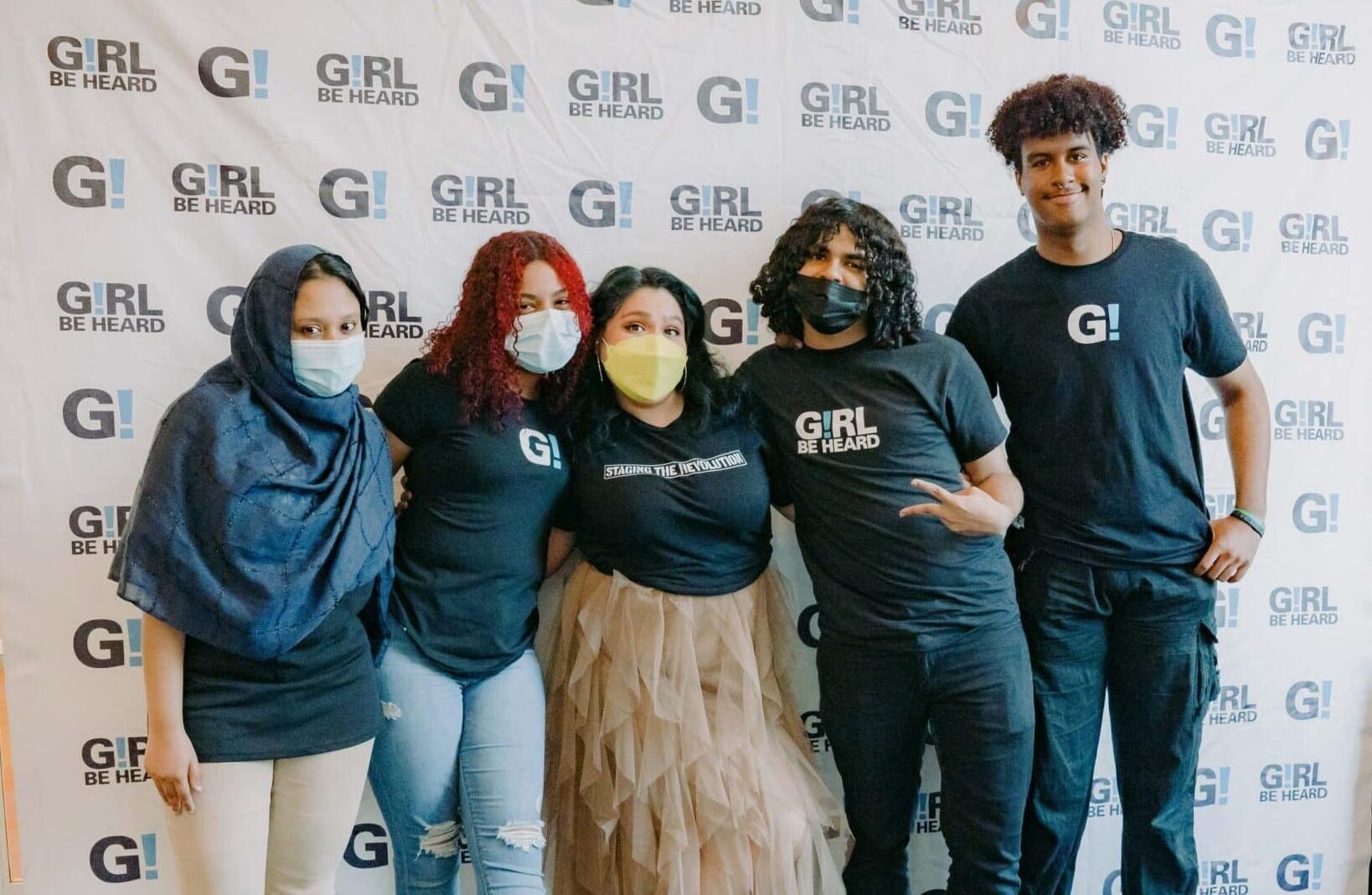Gender Equality is a principle that states that all men and women need to be treated equally and to have the same rights despite their biological differences. These should not prevent them from having the same opportunities to succeed in school and in life.
About 2/3 of countries in the developing regions have achieved gender parity in primary education. In Southern Asia, only 74 girls were enrolled in primary school for every 100 boys in 1990. By 2012, the enrolment rates were the same for girls and boys. By contrast, in the world of work women in Northern Africa hold less than 1 in 5 paid jobs in the non-agricultural sector. And in only 46 countries women hold more than 30% of seats in at least 1 chamber of their national parliament.
Explore the gender equality resources on UNESCO.org.
